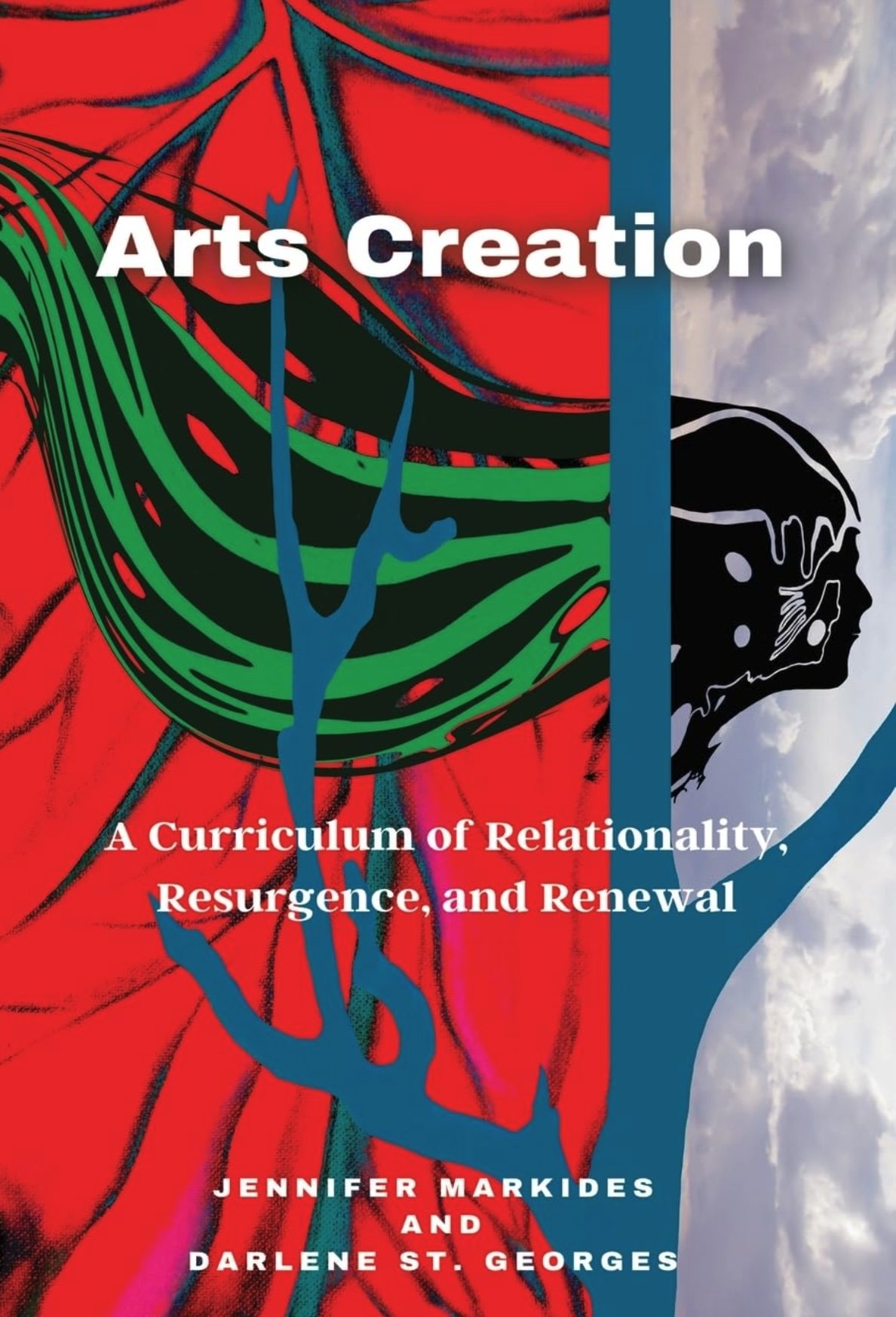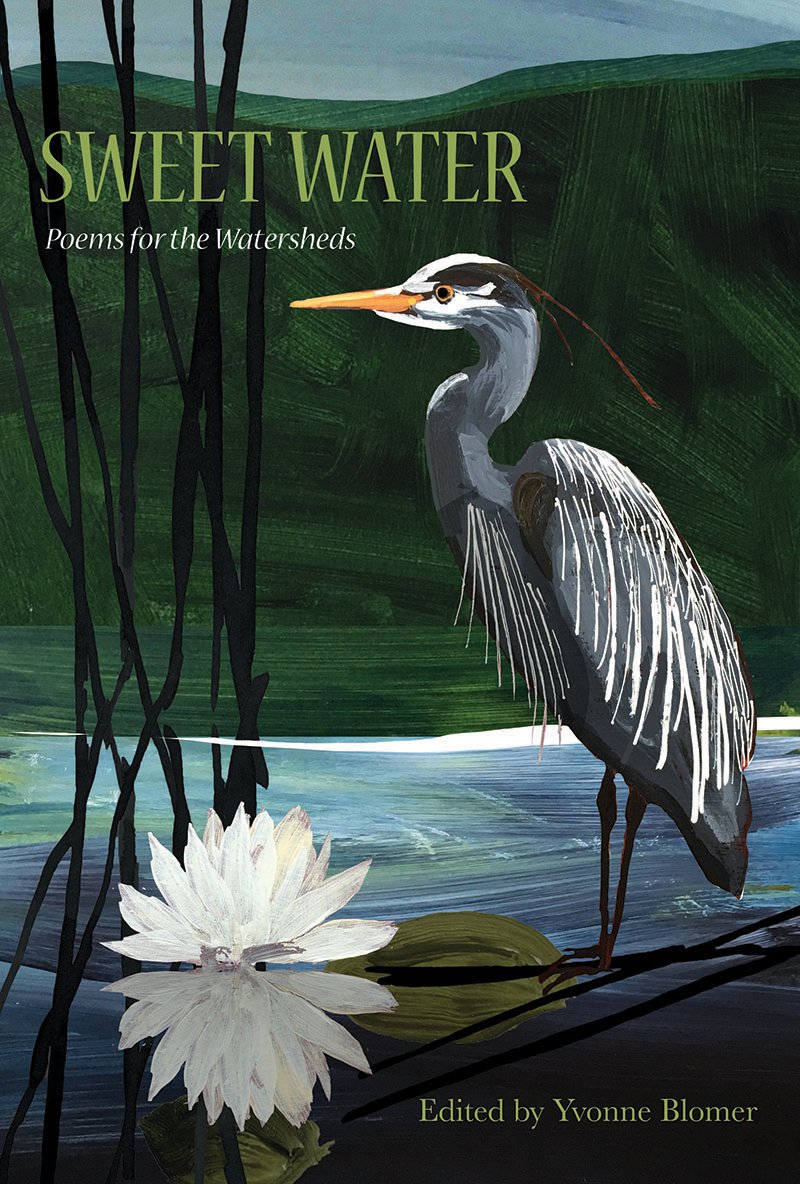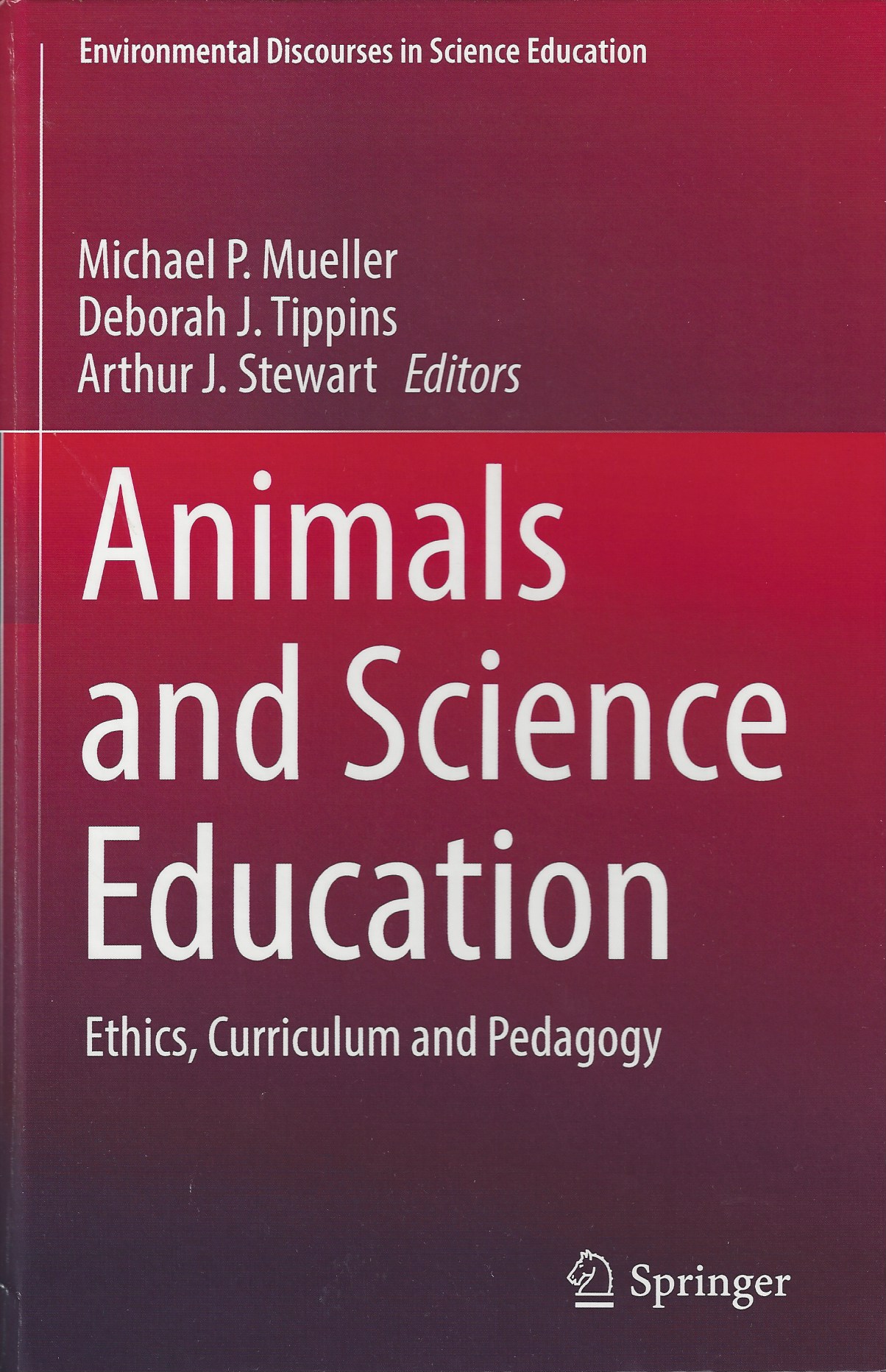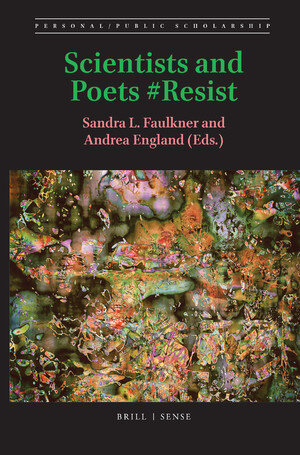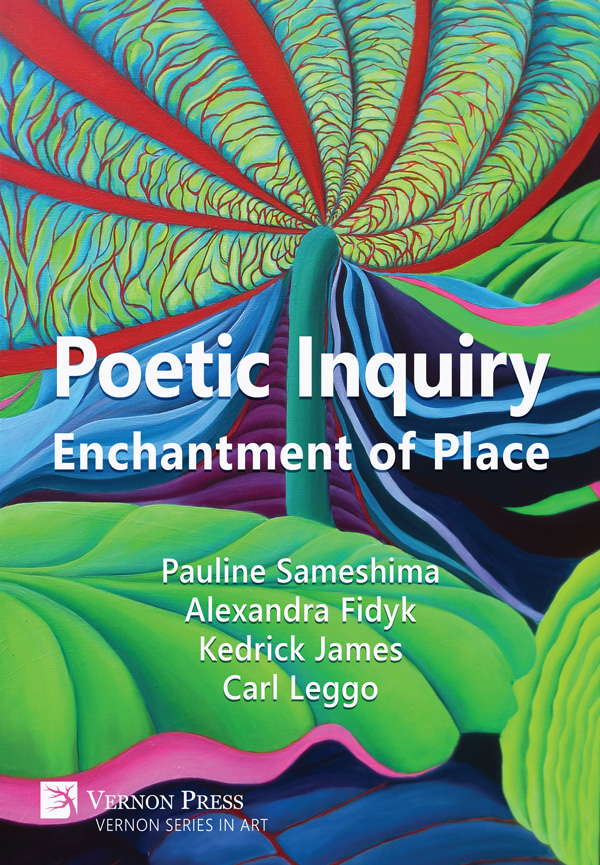Books
Books
My writing and photography have appeared in over twenty books. This includes poetry, narrative, and academic articles, as well as field guides for local plant species.
UPCOMING
Vincent, A., & Beavington, L. (Eds.) (2025). Poetic Inquiry Atlas Vol. 2: Poetry as Environmental Geography. Vernon.
“River in the sky: The Fraser River floods." In Poetic Inquiry for Synchrony & Love: A New Order of Gravity. Editors: Alexander Fidyk & Darlene St. Georges (2025).
Wilding Ecologies, Walking-with Glacier: An Educational Novella
Author, “Grandmother Glacier” (3 parts of a chapter)
From the Publisher: “Glacier stories speaking through photographs, prose, poetry, and provocations. Collectively, the gathering of experiences in this book explores what it means to be human and more-than-human in the context of glacial melt and shifting loss. What is means to be changing our planet and, all the time, changing ourselves. Wilding ecologies emerges in the book, as a means to disrupt these anthropocentric ways of knowing, and by showing up, being affected, we can reawaken a newfound love and enchantment.”
“Wilding Ecologies: Walking-with Glacier is a poetic journey into the heart of our changing planet. The authors eloquent narrative weaves theory and pedagogy seamlessly, urging us to embrace a more interconnected, less anthropocentric worldview.”
–Michael A. Peters, Distinguished Professor
You can buy this book here.
Poetic Inquiry Atlas Vol. 1: A Survey of Rigorous Poetics
Author, “Building an Ecology of Pedagogy: Art, Science and Poetic Inquiry in the Temperate Rainforest” (chapter)
From the Publisher: “This edited volume illustrates various definitions and uses of poetry in research and scholarship, both across disciplines and across the world. The collection offers a worldview of the capacity of poetic inquiry to enhance research and scholarship by showcasing rigorous poetics (which [re]present epistemology and aesthetics as synergistic) in action. Each chapter is intended to highlight diverse perspectives and uses of poetic inquiry.”
Arts Creation:
A Curriculum of Relationality, Resurgence and Renewal
Author, “River Keepers: Three Streams of Poetic Renewal” (chapter)
From the Publisher: “a curated collection of arts-informed, creation-centred, and storying practices in research and education. Author|Artists’ weave threads of imagery, poetry, narrative, and verse, with sound and story that evoke our capacity to re-imagine our world differently. Their diverse and distinct voices and expressions remind us of the powerful sustenance our creative spirit can manifest. They show us how the arts can actively decolonize, heal, build relationships, return, reclaim, and honour our relational connections.”
“The ceremonies, and their resurgence, is a curriculum of relationality and one that must be renewed continually. This, too, can be challenging. Difficult but necessary work.”
–Cynthia Chambers & Erika Hasebe-Ludt
Land as Relation: Teaching and Learning Through Place, People, and Practices
Author, “Traditional Ecological Knowledge and Scientific Ecological Knowledge: Crossing the Ontological Divide” (chapter)
From the Publisher: “Land as Relation demonstrates that Indigenous resistance and renaissance is essential for learners everywhere to understand how a collective notion of land education contributes to walking in harmony and balance, not only for themselves, but for their families, the larger communities that they are a part of, and the world.”
“This is an excellent and timely book. It will offer meaningful learning opportunities for students to learn how to take responsibility for protecting the land and will be an important contribution for understanding and practicing alternative meanings of environmental sustainabilities.”
—Dr. Ranjan Datta
Worth More Standing: Poets and Activists Pay Homage to Trees
Author, “Samara” (poem)
From the Publisher: “…celebrated poets and activists pay homage to the ghosts of lost forests and issue a rallying cry to protect our remaining ancient giants and restore wild spaces. Themes of connection, ecology, grief, and protection are explored through poems about trees and forests written by an impressive number of influential poets, several of whom have attended the recent Fairy Creek blockades and still others who defended BC's old growth trees in Clayoquot Sound nearly 30 years ago.”
“A masterpiece in cultural diversity unified with a call to action, Worth More Standing is a celebratory awakening to all Earth Citizens to see trees as far more valuable than in board feet of lumber.”
—Paul Stamets
Sweetwater: Poems for the Watershed
Author, “Mountain Stream” (poem) and nonfiction
From the Publisher: “Sweet Water: Poems for the Watersheds gathers the voices of poets from across Canada, the US and the UK who write of water. Bottled, clouded, held in rain, in river, estuary and lake, sweet water is the planet’s life force and the poets here examine it from every angle – the pitcher plant, the beaver and the American Bull Frog, rain, clouds, smog, the many ducks and the salmon and the last lake sturgeon. Poets take us to the rivers they live along—and grieve daily—the Peace River Canyon, Chilcotin, Taylor River, the Humber River, Millstone River, the Fraser River, and more.”
“Sweet Water is a beautiful contribution to a growing body of literature on the ecological crisis, offering not only exquisite observation but deeply felt experience and clear reason for action.”
—Understorey Magazine
Common Plants of Greater Vancouver
Author & Photographer
An introductory guide to nearly 50 common plants of Metro Vancouver. Each species account includes a large 8′ x 5′ photo, closeups of specific plant parts (leaves, flowers, fruits, cones, bark, sori), a general overview of key plant characteristics, latin origin, ecology notes, and information on Indigenous uses (ethnobotany). Glossary and fern figure included at end. This was a required textbook Ecology (BIOL 2322) students at Kwantlen Polytechnic University.
Wild Berries of British Columbia
Primary Photographer
From Lone Pine: “Juicy, sweet, tart and sometimes sour, wild berries burst with flavour and goodness. They are a delicious treat any time—especially while you are hiking through the forest—and they could save you from starvation if you get lost. Berries have been used for food and medicine for millennia, and early peoples and settlers preserved them for winter use in everything from pemmican to jams and jellies.”
I was also the primary photographer for three other Lone Pine field guides.
Animals in Science Education: Ethics, Curriculum and Pedagogy
First author, “Ethical-ecological Holism in Science Pedagogy: In Honor of Sea Urchins” (with Heesoon Bai & Serenne Romanycia)
From the publisher: “This book discusses how we can inspire today’s youth to engage in challenging and productive discussions around the past, present and future role of animals in science education.” In this chapter, we explore the unquestioned use and killing of animals in biological education, through a mixed-methods study involving narrative inquiry, poetic inquiry, and essay composition. We argue that we need to critically re-examine the foundational philosophical basis of, as well as accompanying psychological work that goes into, the de-animated and desacralized empiricist worldview.”
13 Questions: Reframing Education's Conversation – Science
First author, “Science Education in the Key of Gentle Empiricism” (with Heesoon Bai)
From the publisher: “13 Questions: Reframing Education’s Conversation: Science examines thirteen critical questions confronting contemporary science education and a dynamic and evolving universe threatened by issues of sustainability and disharmony. The world’s leading scholars in science education utilize cutting-edge theories and analyses to illuminate possible pathways in a world threatened by global warming, mass extinctions, and pervasive conflicts. These provocative responses to some of the most difficult questions facing science education to date are intended to provoke, expand, and enlighten readers about possibilities for transforming and enhancing the social and physical worlds we inhabit and for which we are stewards.”
Scientists and Poets #RESIST
Author, “Kidnapping children and calves (of a tender age)”
From the publisher: “Scientists and Poets #Resist is a collection of creative nonfiction, personal narrative, and poetry. This volume is a conversation between poets and scientists and a dialogue between art and science. The authors are poets, scientists, and poet-scientists who use the seven words—"vulnerable," "entitlement," "diversity," "transgender," "fetus," "evidence-based" and "science-based"—banned by the Trump administration in official Health and Human Service documents in December 2017 in their contributions. The resulting collection is an act of resistance, a political commentary, a conversation between scientists and poets, and a dialogue of collective voices using banned words as a rallying cry. This book can be read for pleasure, is a great choice for book clubs, and can be used as a springboard for reflection and discussion in a range of courses in the social sciences, education, and creative writing.”
Poetic Inquiry as Social Justice and Political Response
Author, “Ecopoetics of the Amazon” (chapter)
From the publisher: “In this collection, poetry is a response, a call to action, agitation, and a frame for future social justice work. The authors engage with poetry’s potential for connectivity, political power, and evocation through methodological, theoretical, performative, and empirical work. The poet-researchers consider questions of how poetry and Poetic Inquiry can be a response to political and social events, be used as a pedagogical tool to critique inequitable social structures, and how Poetic Inquiry speaks to our local identities and politics.”
“Poetic Inquiry as Social Justice and Political Response is both timely and desperately needed. One of the strongest points about the book is the excellent writers contained within”
—Michelle Reale
Poetic Inquiry: Enchantment of Place
Author, “Poetic Pedagogy in Science Education” (chapter)
From the publisher: “This volume specifically works to draw attention to the ancient connection between poetry and the natural world with attention to broadening the ecological scope and impact of the work of poetic inquirers.”
Winner of the Outstanding Book Award, Society of Professors of Education, Honorable Mention
Refugium: Poems for the Pacific
Author, “Aristotle's Lantern” (poem)
New poetry written by prize-winning BC poets, musicians, and artists such as Bruce Cockburn, Brian Brett and Lorna Crozier, anthologized by Victoria's city poet-laureate.
From the publisher: “While in the world of politics there are still climate change deniers, the poets watch the warming seas, the dying birds slicked in oil, the whales, the jellies, the sea otters and the octopus. They stand, as close to the shore as possible, watch the slow turning tide. In this collection of poems from the coast of B.C., California, Washington State, to Alaska and as far away as Auckland, New Zealand and as far back as early 19th century Japan these poems explore our connection to the Pacific, what we know and don't know, how we've already changed the shore and the sea and what we fear losing.”
Hearthbeat: Poems of Family and Hometown
Author, “Leafless”
From the back cover: “Fifty-nine world-class poets capture in heart-warming words and fine style what family really means, in this anthological gem Hearthbeat, edited by Don Gutteridge.”
You can buy this book here.
Writers of the Future 22
Author, “Evolution’s End”
As reviewed by Publishers Weekly: “The best speculative fiction reaches beyond the bells and whistles of the genre to explore the deeper complexities of the human condition. The original stories selected in this year’s Writers of the Future contest include strong attempts to do just that [such as] Lee Beavington’s “Evolution’s End,” an old-school science fiction romp about a group of explorers who discover a simple cellular organism whose evolution has made it the greatest—and deadliest—of survivors.”
My novella was illustrated by Melanie Tregonning. You can buy this book here.



